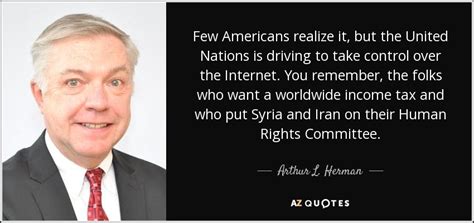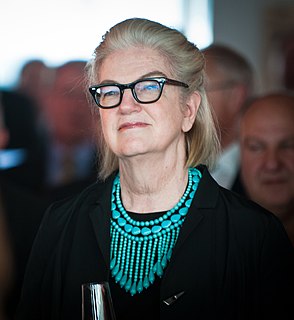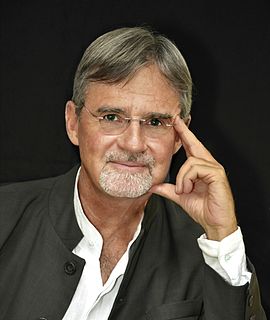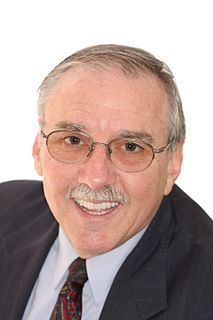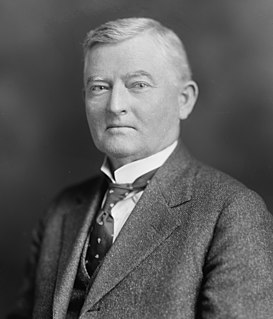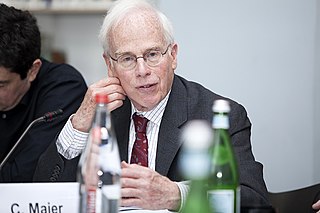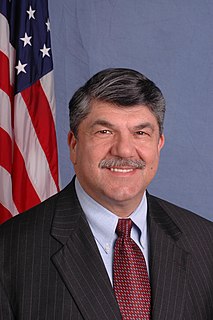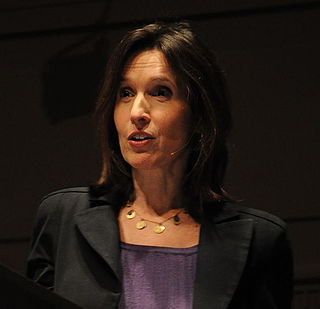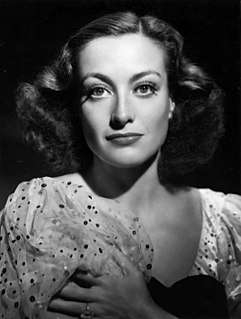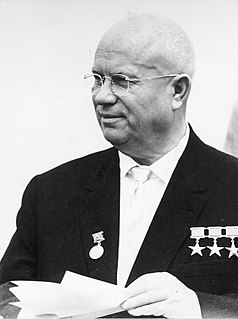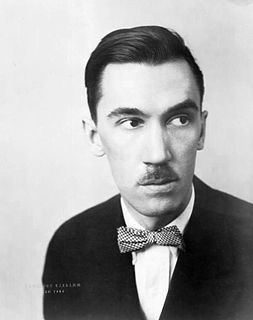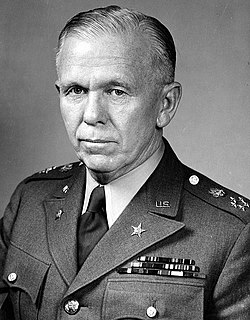Top 622 Teddy Roosevelt Quotes & Sayings - Page 9
Explore popular Teddy Roosevelt quotes.
Last updated on November 15, 2024.
Theodore Roosevelt regarded leadership as his one gift, the area in which he might be considered to possess genius. He presented his views on leadership throughout his voluminous writings. He intended for future writers to study them with an eye toward action, as he himself had done of historic figures.
And he [Franklin Roosevelt] got the votes of every southern white voting state in the country and wouldn't have been elected president once, let alone four times, if he hadn't. Now, at the same time he acquired over the years a reputation for being sympathetic to blacks, and he got their votes, heaven knows.
As a Polish American, I grew up hearing the phrase 'nothing about us without us.' To Eastern Europeans, the vow is a painful reminder of how Joseph Stalin, Winston Churchill and Franklin D. Roosevelt carved up their small countries after World War II, placing them, against their will, under Soviet domination.
I am a humanist because I think humanity can, with constant moral guidance, create reasonably decent societies. I think that young people who want to understand the world can profit from the works of Plato and Socrates, the behaviour of the three Thomases, Aquinas, More and Jefferson - the austere analyses of Immanuel Kant and the political leadership of Abraham Lincoln and Franklin Roosevelt.
[Theodore Roosevelt] was a naturalist on the broadest grounds, uniting much technical knowledge with knowledge of the daily lives and habits of all forms of wild life. He probably knew tenfold more natural history than all the presidents who had preceded him, and, I think one is safe in saying, more human history also.
Well, you have to remember that until 1948, when Hubert Humphrey and others forced the Democratic Party to adopt a new policy on civil rights, the Democratic Party was the party of the old solid South. All of the racists, all of the Cottonhead Smith types and so on were Democrats, allies of Franklin Roosevelt - because of their seniority - of all the major committees of the Congress.
There's a Theodore Roosevelt speech about the importance of being in the arena, whether you fail or you succeed, or you make a complete idiot of yourself, as long as you're doing the best with what you have, using whatever knowledge you have to bring to the table at that moment. And you continue to keep learning. I think my mistakes have made me much stronger. It's nice to know that things don't ultimately break you; that you need to go there to know.
One has to say that they [Eleanor and Franklin Roosevelt] were pioneering to some extent. They didn't know that some of the housing projects that they were putting up for the poor were going to turn into crack dens and rapists' bowers and things of that sort, which they have since become. But you can't always foresee the future. I'm sure their intentions were the best.
I've benefited greatly from studying many effective people from history. Among those who've influenced me the most are Ronald Reagan, Theodore Roosevelt, and Winston Churchill. Each of the three altered history; each was self-created to a great extent; and each was a great student of history and leadership.
Just by coincidence, Senator Teddy Kennedy and I, in the last couple of days, after several months of negotiations, have reached an agreement for an immigration proposal that we will be putting out next week, ... our proposal is along the lines of make them pay a fine of a couple thousand dollars, make them work for three years, and after three years they can get in the back of the line for a green card and then eventually become citizens.
Eleanor Roosevelt once said, ‘No one can make you feel inferior without your permission.’ With stories from her own life and data carefully researched, Sheryl Sandberg reminds women that they have to believe in themselves and reach for opportunities. More women than men may need that advice, but I'd bet that both genders would profit from this very well-done book
Most Americans have no memory of the designs Franklin Roosevelt's New Dealers had for postwar-American foreign policy. Human rights, self-determination and an end to European colonization in the developing world, nuclear disarmament, international law, the World Court, the United Nations - these were all ideas of the progressive left.
Franklin Roosevelt is one of the great leaders because he does get along with other people. He makes this huge effort. He's a very charming man. He tries to bring Joseph Stalin and Winston Churchill into this tripartite agreement to run the world. And he really was close. If he hadn't died in April of '45, the whole history would be different.
Many of them [people who escaped religion] recounted both the terror and the relief they felt after leaving religion behind. Terror at realizing there was no longer an imaginary friend; relief that no one was looking over their shoulder any more. Several described the experience as similar to that of a child learning to go to sleep without a favorite teddy bear. Others described it as simply growing up or outgrowing the need for the imaginary friends of childhood.
I look back to the Great Depression, and what Roosevelt was able to do in very difficult times, to get Social Security through back in the time when it was seen as - well, it wasn't what it is today. It was sort of a last-ditch, if you really need it, you got it, but, today, it's much more a part of your retirement program.
The early commentators who put down the pre-presidential Roosevelt as an empty-headed young lightweight, all ambition and no talent, now seem comically wrong to a modern book-reading, movie-going, television-watching, legend-loving American public conditioned to think of him as one of the presidential giants on the order of Washington and Lincoln.
Worst damnfool mistake I ever made was letting myself be elected Vice President of the United States. Should have stuck with my old chores as Speaker of the House. I gave up the second most important job in the Government for one that didn't amount to a hill of beans. I spent eight long years as Mr. Roosevelt's spare tire.
Fascist intellectuals, such as Ugo Spirito, made the round of conferences preaching the virtues of postcapitalism fascism and in fact tried to nudge the structure in a 'leftist' direction by calling for more collective control and even corporative ownership of the economy. Mussolini looked abroad to find that Franklin Roosevelt was merely seeking to emulate Italy's innovations.
The greatest leaders in fighting for an integrated America in the twentieth century were in the Democratic Party. The fact is, it was the liberal wing of the Democratic Party that ended segregation. The fact is that it was Franklin Delano Roosevelt who gave hope to a nation that was in despair and could have slid into dictatorship. And the fact is, every Republican has much to learn from studying what the Democrats did right.
I say let's go back to a truer use of the word 'freedom.' Let's start with President Franklin Roosevelt's Four Freedoms: freedom of speech and expression, freedom of worship, freedom from want and freedom from fear. I would add the freedom to bargain collectively. Those freedoms are under attack today.
As soon as Mr. Roosevelt took office, the Federal Reserve began to buy government securities at the rate of ten million dollars a week for 10 weeks, and created one hundred million dollars in new [checkbook] currency, which alleviated the critical famine of money and credit, and the factories started hiring people again.
In America, we may acknowledge Washington and Lincoln as great men, and probably Franklin and Jefferson and maybe Franklin Delano Roosevelt and possibly even several more, but we would probably disagree about precisely what it was that made them great, what it was that enabled them to give a lasting direction to the course of events.
But doctors talk about cells as if they had such unlimited importance all by themselves. As if they didn't really belong to the person that has them." Teddy brushed back his hair from his forehead with one hand. "I grew my own body," he said. "Nobody else did it for me. So if I grew it, I must have known how to grow it. Unconsciously, at least. I may have lost the conscious knowledge of how to grow it sometime in the last few hundred thousand years, but the knowledge is still there, because—obviously—I've used it.
The laws of economics tell us that the expansion of the central state can't go on forever. Its limit is reached when the looted turn on the looters. And that's beginning to happen. More than six decades of hard work for American liberty beginning with the Old Right opposition to the Roosevelt Revolution and continuing with the Mises Institute, is beginning to bear fruit.
Our only president who has died as U.S. commander in chief in war is Franklin Delano Roosevelt - who died of a cerebral hemorrhage or massive stroke on April 12, 1945, only three weeks before the unconditional surrender of the German armed forces he had laid down as implacable Allied policy two years before.
I would say one thing people need to do - and his is how Roosevelt's New Deal began - let us go back to cities and states where we can, build emblematic progressive reforms, like the Fight for 15 minimum wage, paid sick leave, things that improve the conditions of people's lives and that drive them into a national message.
I went from people just thinking I was, like, a baby to people thinking I’m this, like, sex freak that really just pops molly and does lines all day. It’s like, 'Has anyone ever heard of rock 'n' roll?' There’s a sex scene in pretty much every single movie, and they go, 'Well, that’s a character.' Well, that’s a character. I don’t really dress as a teddy bear and, like, twerk on Robin Thicke, you know?
At the end of our lives, we will not be judged by the highest public office we attained in our lifetime, if that were true the current president (George W. Bush) would hold as much esteem as Franklin Roosevelt in our country, and Nelson Mandela in his. That cannot be the case. Rather, we will each be judged by the mark we've left on others.
Then the musical instruments appeared. Dad’s snare drum from the house, Henry’s guitar from his car, Adam’s spare guitar from my room. Everyone was jamming together, singing songs: Dad’s songs, Adam’s songs, old Clash songs, old Wipers songs. Teddy was dancing around, the blond of his hair reflecting the golden flames. I remember watching it all and getting that tickling in my chest and thinking to myself: This is what happiness feels like.
The Democratic party is one that I've always observed. I have struggled greatly in life from the day I was born and I am honored to be apart of something that focuses on working class citizens and molds them into a proud specimen. Mr. Roosevelt and Mr. Kennedy have done so much in that regard for the two generations they've won over during their career course.
Strider's bedroom "The only thing hanging on the wall that wasn't a weapon was the portrait just over the bed. No. Not true, he thought then. The portrait was a weapon, too. Of seduction. In it Strider was utterly naked and whisking through the cloads like an avenging angel. He was holding a teddy bear in one hand and a stream of pink ribbons in the other. Anya had given him the nearly life-size monstrasity as a joke. But the joke was on her. He loved the thing.
You can read it in history books now, but they often suppress the fact that the U.S. government tolerated [Nazi]. It's really remarkable because they claim that [Franklin] Roosevelt was impeded by the Neutrality Act. On the other hand, he bitterly condemned a Mexican businessman for sending several guns to the Republic. If you look back, oil was the one commodity that [Francisco] Franco could not receive from the Germans and the Italians, so that was quite significant.
Fonny and I just sat there... while the voices of the congregation rose and rose around us, without mercy... Teddy had the tambourine, and gave the cue to the piano player-I never got to know him: a long dark, evil-looking brother, with hands made for strangling; and with these hands he attacked the keyboard like he was beating the brains out of someone he remembered. No doubt the congregation had their memories, too, and they went to pieces. The church began to rock.
hat whole phrase, "daring greatly," is from the Theodore Roosevelt quote that goes back to your original question of, what about the critics? And when I read his quote it was life-changing. "It's not the critic who counts; it's not the man who points out how the strong man stumbles or where the doer of deeds could have done the better.
I think she [Eleanor Roosevelt] was a shrewd politician, and very good in public relations, although she had the usual media help in this. As a Republican and a conservative, I can say ruefully that the Democrats and the liberals tend to get it; that when she said something, it was put in a nice way and highlighted properly by the appropriate media, so that it sounded good.
No one remembers how the American people responded day-to-day, week-to-week, or month-to-month about the decisions that Presidents Franklin D. Roosevelt, Harry Truman and Dwight Eisenhower made during the most dangerous decades in American and world history. But we know now that they did what was right, and we honor them for it.











